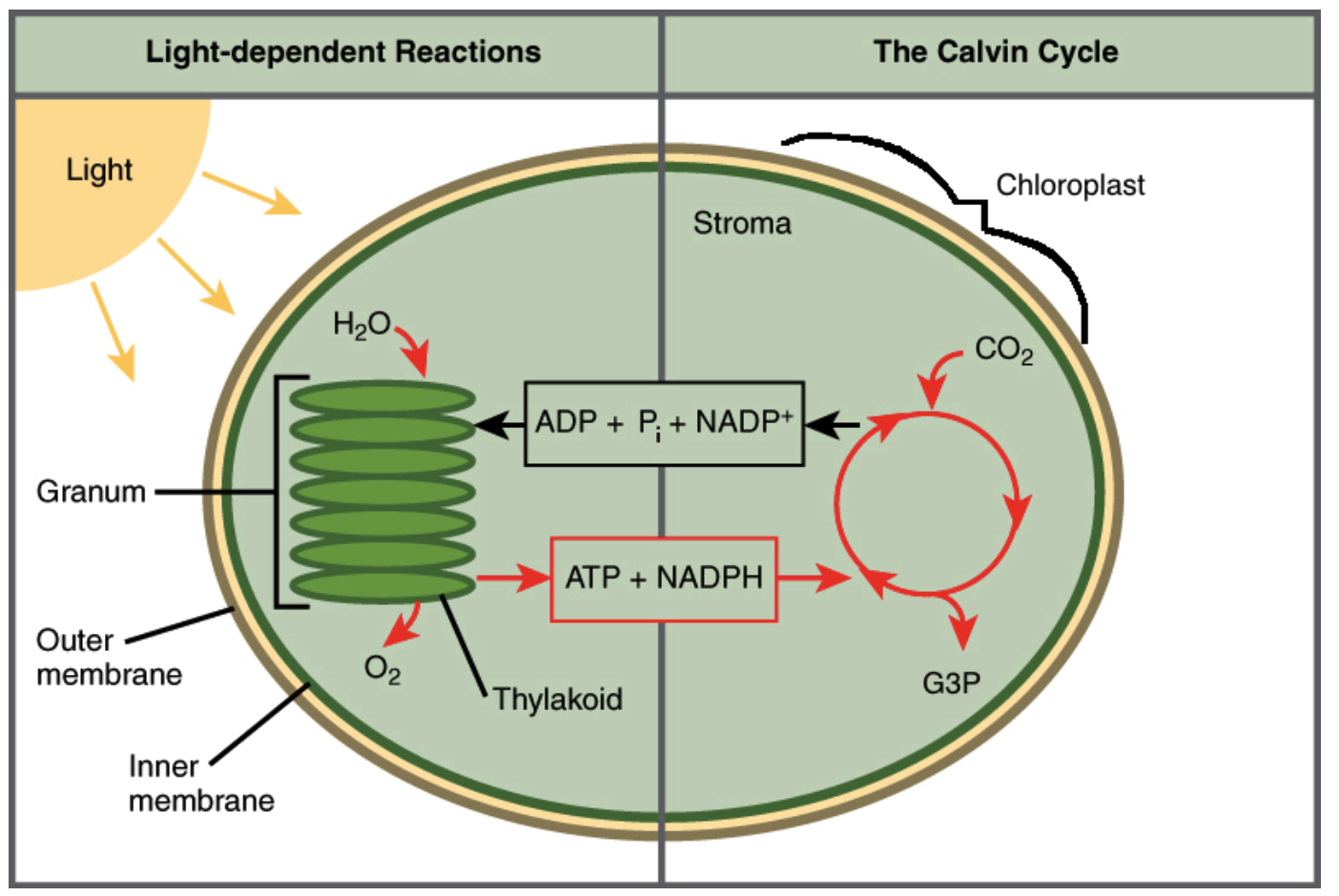Analogs of Mind - Searle, Hofstadter, Damasio, Wolfram
It has turned out that Searle's ideas have completely changed my ideas about "Artificial Intelligence." His objections first seemed so simple as to be naive. It turns out that Searle is good at giving simple-seeming arguments that sweep away fundamental misconceptions. He is that rare philosopher whose ideas make a real impact on the world the rest of us live in.
SMS Sent to Jeff August 16, 2022
One of Searle’s ideas has turned out to be very fruitful to me: the “mind” is what the brain does, just like the heart pumps blood and the liver does metabolism (this is to get rid of the mind/body problem). This brings thinking of the brain and mind much closer than we get when we work with analogies involving thinking and computers. Wolfram considers protein reactions as a kind of “calculation”. When we look closely at brain activity, it’s not a bunch of switches. It’s a bunch of protein reactions. This leads us to think of the brain as a hideously complicated CHEMICAL reaction which is a PHYSICAL process. The computer analogy simply falls apart. But Searle kinda destroys Wolfram’s idea that there is some kind of “calculation” involved in physical events. Wolfram’s thinking on that score is a bit suspicious, to begin with. We are left with the kind of mental picture we learn in Chemistry and to look to chemistry rather than computer science for our deep analogies. If you have not heard of Wolfram, I have included a link. You may find him a bit hard to follow 😊
This references Hofstader in several ways. For one thing, we are looking for essential analogies. Hofstadter's favorite analogy is between analogy itself and "thinking." He wisely stays away from speculating about how the brain actually works and leaves open a different way of thinking about thinking. I am left considering Hofstader's idea as an analogy to the kind of linguistic computation the mind does. This leaves us to ask what other types of "computation" the mind does and even whether what the mind does is "computation." This last question leads us back to Wolfram, who claims everything is computation. This, in turn, leaves us back to Searle's refutation of that claim. We need to back off a bit and think of the Universe acting as if it is performing a calculation:
"Turing machines are not to be found in nature. They are to be found in our interpretations of nature."
Consider photosynthesis. It has been happening for millions of years without anyone to "interpret" what is happening. The inputs and outputs are well known. Somehow, photosynthesis makes a "calculation" that turns sunlight and air into roots, leaves, and bark. If we describe this calculation, what goes up on the blackboard looks suspiciously like a computation or, as Searle would caution us: something we interpret as a computation.
Is the brain more like a leaf or more like a computer? Brains and leaves are distantly related. "Life" uses the same bag of tricks in both cases, including DNA, ADP, and the creative engine of evolution. Computers are more closely related to doorknobs and light switches.
Back in the 1960s, we learned about "analog computers" (a bomb site would be a good example). These "reasoned" about the real world by building a real, physical "analog" to the system in question. Perhaps we have gone down the wrong road in thinking of the brain as analogous to a digital computer (Turing machine) rather than an analog computer.
Damasio's account of the "mind" follows the emergence of the "mind" as a needed "model" of the real world. There is an evolutionary advantage to being able to compute a reaction based on complex input factors and the internal state of the organism. This computation is performed in what becomes a "brain" in our case. It is a simple bundle of nerves in simpler animals.
Searle teaches us that idea that a physical system (even a computer) is "doing" a calculation is fundamentally incorrect. Or we may say that what it seems to be doing and what it is actually doing are two different things. This is very easy to see when you study an analog computer such as a bomb site. In fact, the bomb site was a dreadful simulation of the real world that its use depended almost entirely on what people thought it did.
It is a matter of using our words with care (philosophy).
---- PS ---
For a wild and wooly example of rampant analogies, check this. I love the graphics. How much does he depend on analogy, and what analogies does he use?





Comments
Post a Comment